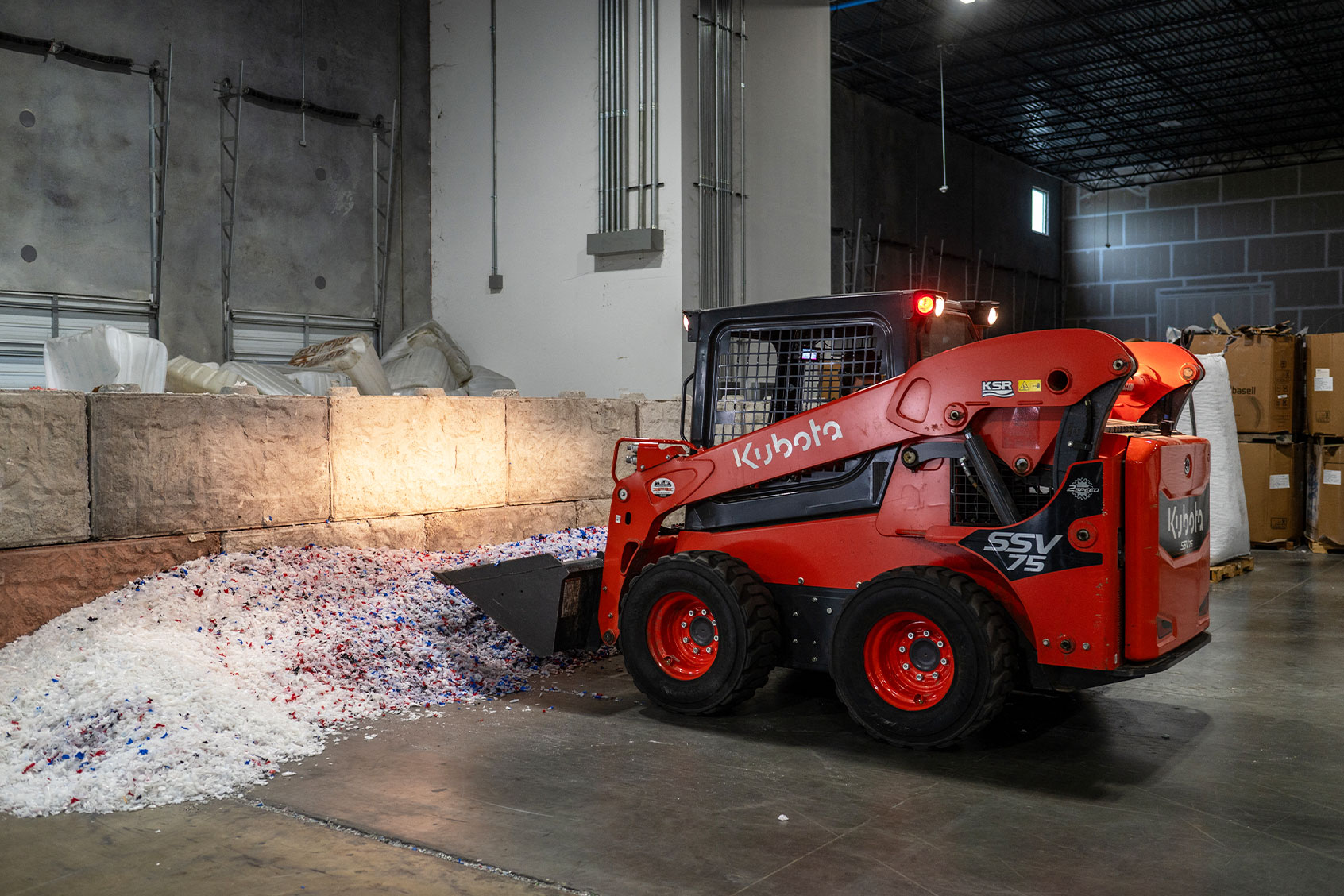
ExxonMobil, a fossil fuel company that conspicuously touts a commitment to fighting plastic pollution, is being sued by the State of California as of Monday for allegedly misleading the public about the effectiveness of the various anti-pollution tactics that they advocate.
In the first lawsuit ever to be filed against a large oil company for spreading this type of misinformation, California Attorney General Rob Bonta accused the petroleum behemoth of "a decades-long campaign of deception that caused and exacerbated the global plastics pollution crisis.” Even though ExxonMobil frequently claims that plastic recycling can solve the growing plastic pollution problem, Bona claims that ExxonMobil knew these assertions were false and yet knowingly deceived the public.
“For decades, ExxonMobil has been deceiving the public to convince us that plastic recycling could solve the plastic waste and pollution crisis when they clearly knew this wasn’t possible,” Bonta said. “ExxonMobil lied to further its [record]-breaking profits at the expense of our planet and possibly jeopardizing our health.”
Judith Enck, president of the anti-plastic pollution advocacy group Beyond Plastic, told NPR in a statement that the California litigation is “the single most consequential lawsuit filed against the plastics industry for its persistent and continued lying about plastics recycling.”
In February Salon spoke with Erica Cirino, communications manager at the Plastic Pollution Coalition and author of "Thicker Than Water: The Quest for Solutions to the Plastic Crisis. Cirino denounced the fossil fuel industry at that time for what she claimed were deceptive practices in terms of advocating plastic recycling.
"In 2017, scientists estimated that just 9% of the 6.3 billion metric tons of plastics produced from about the 1950s (when plastics were first mass produced) up to 2015 had been recycled," Cirino told Salon. "Plastic recycling rates vary widely from region to region around the world. In the U.S., plastic recycling rates are currently below 6 percent." Cirino added that those numbers are misleading because they incorrectly imply that plastic which is "recycled" helps the environment, yet "it doesn’t matter where or how you set out your plastic for recycling collection, whether at the end of your driveway, at your local recycling center, or in a municipal recycling bin: Most plastic items collected as recycling are not actually recycled. Surprisingly, plastic is not designed to be recycled — despite industries and governments telling the public that we should recycle plastic."







